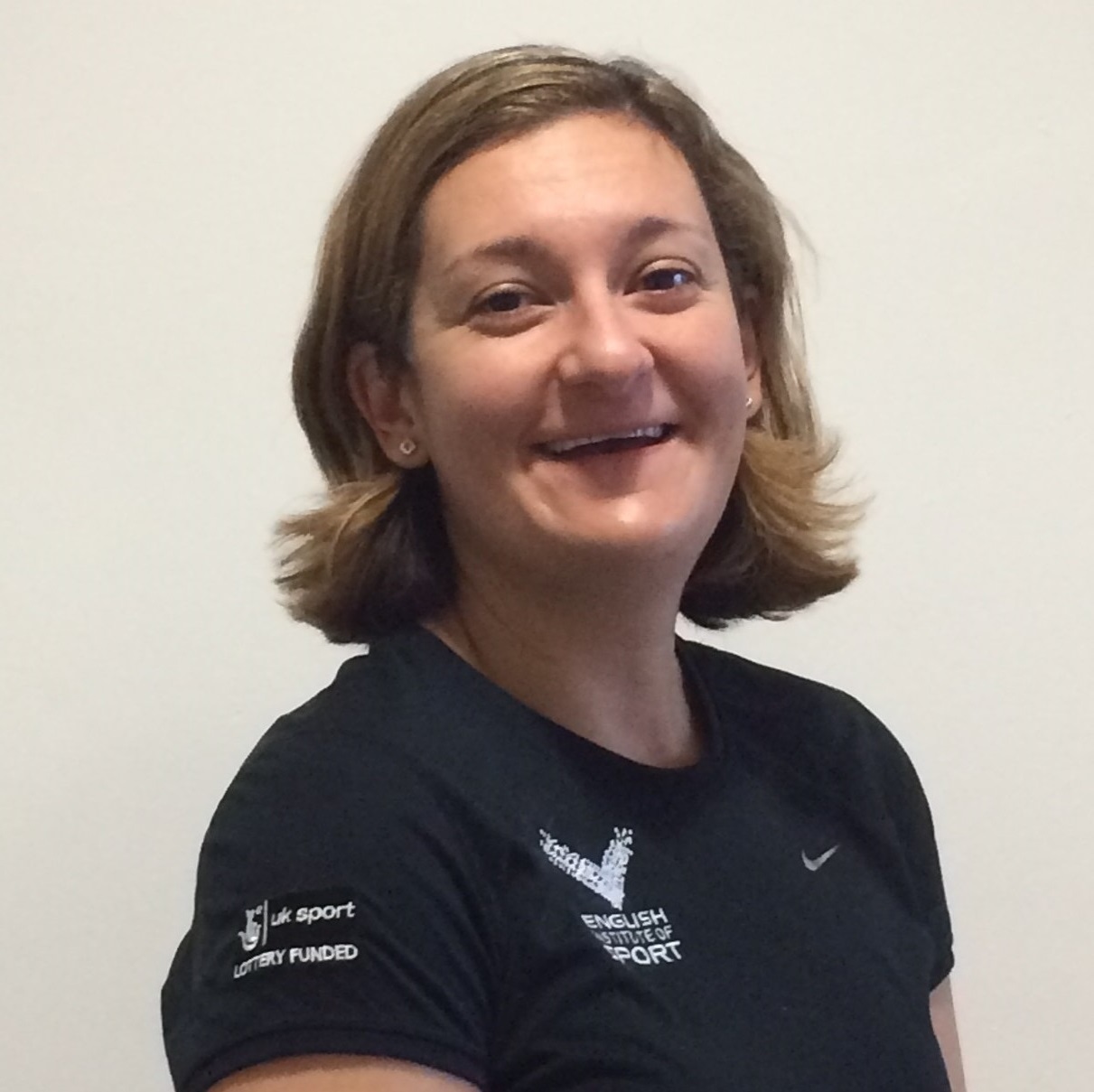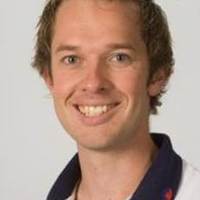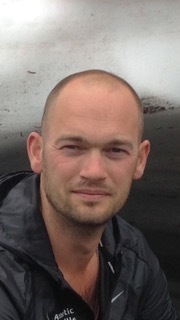Thank you for participating in YADC 2017. Please refer below for conference resources from our guest speakers.
 Ms Alex Stacey Ms Alex StaceyLead of Performance Pathways Team, English Institute of Sport, UK Sport
| On ‘What it takes to win’
Alex Stacey is currently leading the EIS Performance Pathway Team, overseeing Pathway Education Programmes for Pathway Managers, Coaches, Staff and Athletes. Having joined the Team in 2011, Alex has played an active role in the evolution of Performance Pathways in Great Britain, and her current focus areas include working with England, Wales, Scotland and Northern Ireland to align Pathways for success in Tokyo and beyond. Alex has extensive experience of working with multiple Olympic and Paralympic Sports through her work in the Performance Pathway Team, and also in her work with the English Institute of Sport since Beijing 2008.
Synopsis
What will medal winning performances look like in 2024 and 2028? Do we really know the discriminating factors to winning? Where are our gaps? Alex Stacey will share with us the strategies and processes that had been put in place to help UK’s National Sporting Organisations to profile, develop and perform at major international competitions. Alex will also run through techniques to assess the health of our sporting systems, and how interventions can be applied to maximize athlete development and performance.
|
|---|
Dr Sean Cumming Senior Lecturer in Sport and Exercise Science University of Bath
|
On ‘How biological maturation impacts the selection and development of young athletes’
Dr Sean Cumming is a senior lecturer in sport and exercise science at the University of Bath. His research focuses on growth and maturation in the context of sport and exercise. Sean has worked in research and consultancy roles for a number of governing bodies and professional clubs including, the Premier League, Football Association, Lawn Tennis Association and Bath Rugby.
Synopsis
Individual differences in biological maturation have been shown to impact the processes of athlete selection and socialization in a number of sports. In a series of presentations and practical session, Dr Cumming will describe the process of growth and maturation, how these processes are assessed, the consequences of individual differences in pubertal timing, and how they can directly and indirectly impact athlete development. Dr Cumming will also introduce the concept of bio-banding (i.e., maturity matching) and how bio-banding strategies are being used to inform the process of talent identification and development across a range of sports, including football, rugby, dance, and tennis. Participants will get first-hand experience in learning how to assess and calculate individual differences in growth and maturation and how to use this data to better understand and inform athlete development.
Slides Infographic |  Dr David Mann Optometrist & Human Movement Scientist, Vrije Universiteit Amsterdam | On ‘Strategies to overcome the Relative Age Effect’
Dr David Mann is a research fellow in the Faculty of Human Movement Sciences at Vrije University in Amsterdam. His research focuses on the role of vision in the acquisition and performance of visual-motor skills to inform the design of developmental pathways to optimise the quality and speed of skill learning. Prior to his current post in the Netherlands, David was a Research Assistant Professor in the Institute of Human Performance at the University of Hong Kong; Clinic Director and Senior Lecturer in the School of Optometry and Vision Science at the University of New South Wales (Sydney, Australia); and Skill Acquisition Specialist at the Australian Institute of Sport (Canberra, Australia).
Synopsis
When placed into age groups for junior sporting competition, the relative differences in age between children leads to a bias in who is evaluated as talented. While the impact of this relative age effect (RAE) is clear, until now there has been no evidence to show how to reduce it. As part of this workshop, Dr Mann will share with us on the negative impacts of RAE and interventions that can be introduced to reduce the selection bias.
|  Mr Jan Willem Teunissen Lecturer/Researcher in Talent Development and Identification, HAN University of Applied Sciences | On 'The working mechanisms of a talent development programme based on the principles of the Athletic Skills Model ' Jan Willem Teunissen is a human movement scientist currently working at the HAN University of Applied Sciences as lecturer/researcher within the Talent Development and Identification team. He is co-founder of the Athletic Skills Model and in the past worked at the youth academy of elite football club, AFC Ajax, as a movement scientist and physical trainer. At the AFC Ajax academy, he implemented the Athletic Skills Model and further developed the concept of programming from a biological-age standpoint. He also lectured at the University of Applied Sport Sciences in Amsterdam in the field of talent development and exercise physiology. Before accepting his current position, he was head of the physical staff at elite football club, FC Twente. His interest and expertise is in the development of talent programmes, and concepts for sports and physical education, especially from an individual-centred approach. Synopsis Why do young elite football players play rugby or perform martial arts? And what does the programme look like and why is it set up like that? Current talent identification and development models are child-centred and aim to be holistic. These models observe the child as a whole and 1) look for multi-dimensional selection criteria in sport or PE and 2) try to create an optimal developmental environment. We will discuss the hypothesis that late specialization and early engagement is the best route for elite youth players, in light of how the youth players at Ajax Amsterdam spend 50% of their training time on non-football specific skills. Can PE teachers and sports trainers/coaches make use of the same general principles and possibly the same activities for optimal development, and what would it look like? Finally, this interactive and practical session will focus on how the Athletic Skills Model (ASM) programme is set up and what activities target broad motor development, with Basic Movement Skills as a starting point of performance development. Attendees will see and experience different activities where an implicit way of learning is a key element.
|
|

